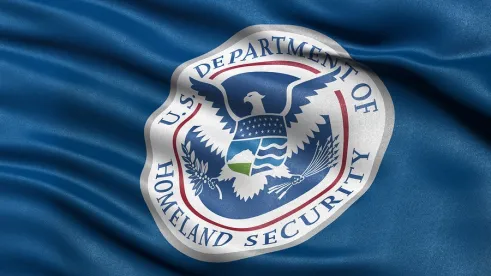For more than two years, due to the COVID-19 pandemic, the Department of Homeland Security (DHS) has been allowing employers with remote workers to review Form I-9 Employment Verification Authorization documents virtually over video link or by fax or email. That flexibility is set to expire on October 31, 2022.
As remote workforces have gained in popularity and practice, many employers and advocacy groups have encouraged making virtual I-9 review a permanent fixture in the on-boarding process.
DHS is taking a first, tentative step in that direction. The agency has issued a proposed rule for comments. This proposal does not authorize permanent flexibility, nor does it provide alternatives. Instead, it gives DHS the ability to authorize changes to the process in the future. Such changes could be temporary or permanent and could apply to all or only some employers, depending upon specific determinations regarding the level of security and the fraud risk involved, according to the proposal.
As it considers options, DHS seeks public comments on the benefits and costs to employers of instituting Form I-9 flexibility. On the benefit side, employers’ ability to conduct Form I-9 verifications remotely would allow companies to centralize their I-9 processes and experienced staff can conduct the reviews, eliminating the need to hire agents who may not be as experienced to conduct remote verifications and making it easier to hire key employees who might work remotely. Moreover, such flexibility would eliminate barriers to hiring individuals for whom remote work is a necessity, such as those who live in rural areas or have physical disabilities that make it impossible to attend an in-person I-9 verification. On the cost side, some employers might need to purchase new equipment and train staff to conduct remote document screening.
DHS also wants public comments on possible requirements for permanent flexibility. DHS has suggested:
-
Requiring employers to provide their staff “fraudulent document detection and/or an anti-discrimination training”;
-
Requiring employers to be enrolled in E-Verify; and
-
Limiting the flexibility to employers that do not have a history of being fined for I-9 violations.
The comment period ends on October 17, 2022.





 />i
/>i
